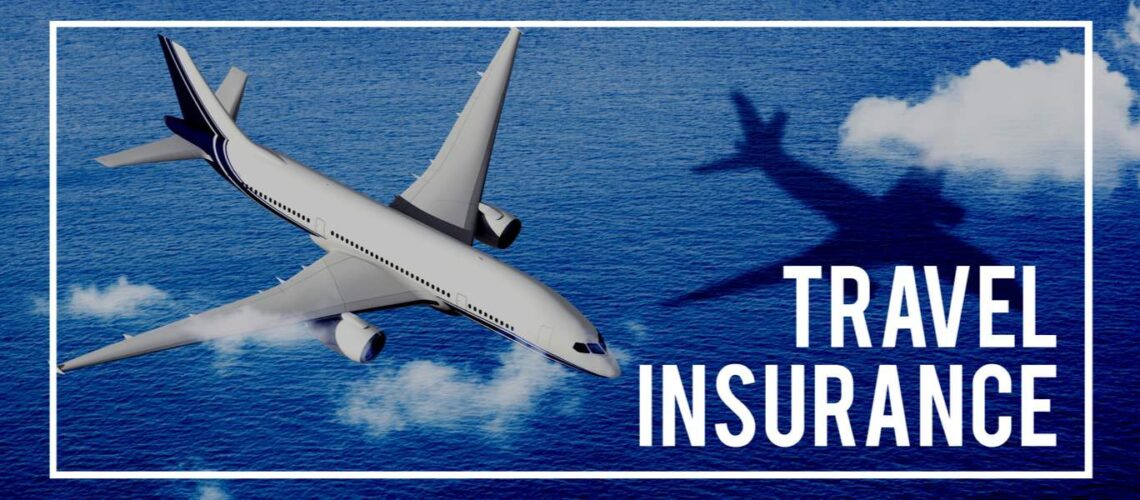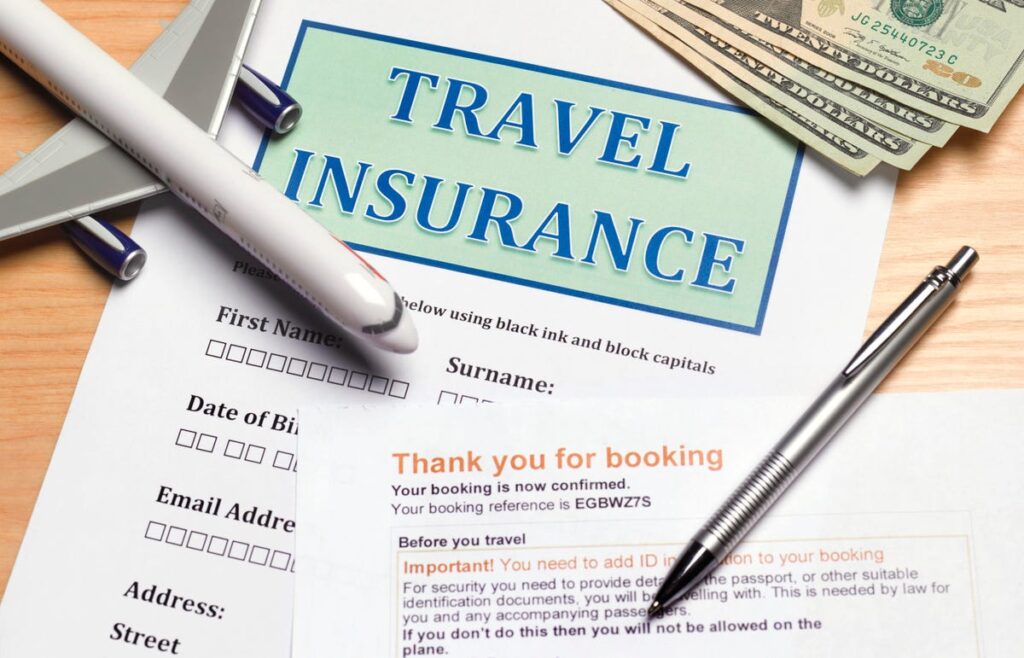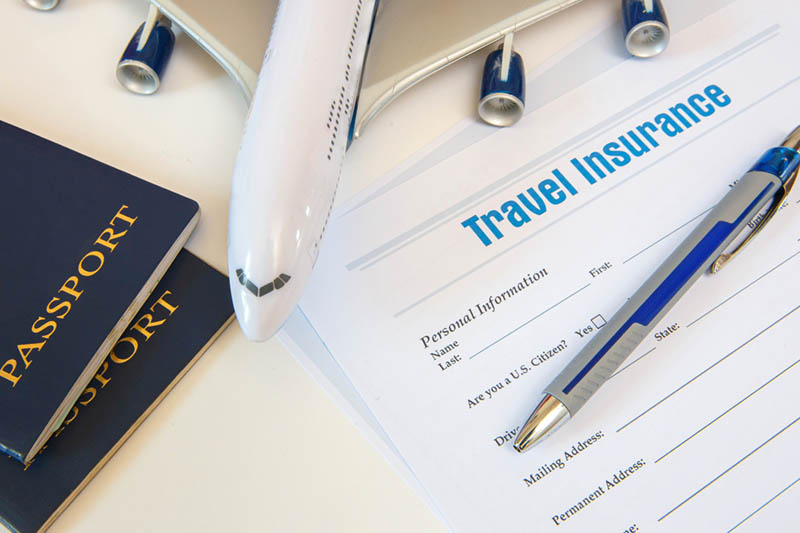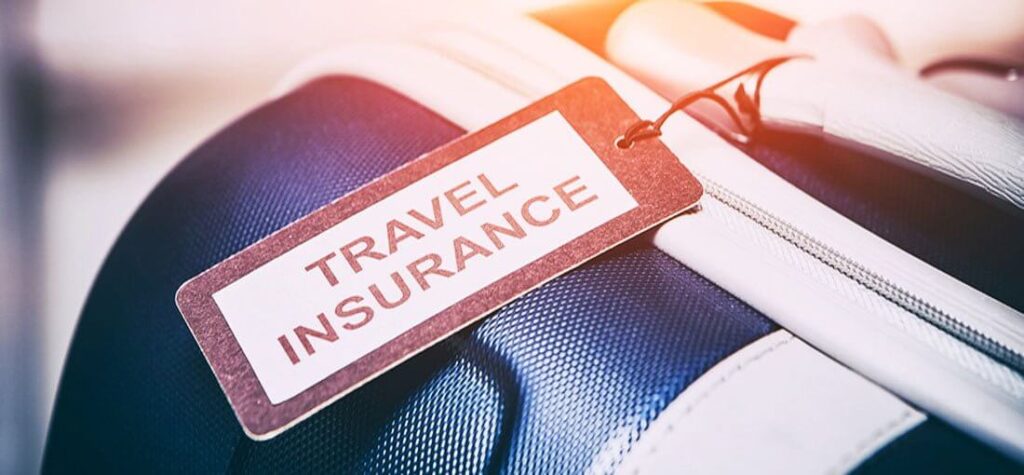
September 9, 2022
How to – travel insurance, part 2 – types of travel insurance
Most travelers opt for a comprehensive plan, but you should know what each type of coverage does, so you’ll know if a package truly fits your needs. How to get it: Compare plans at Square Mouth, Seven Corners, InsureMyTrip.com, and TravelInsurance.com
Here’s a brief rundown of the main types of coverage.
Trip protection
Often known simply as “travel insurance,” this type of comprehensive package is the most common purchase.
Commonly covers: Reimbursement for money spent on your trip due to cancellations, interruptions, and delays; medical expenses if you become sick or injured and, if necessary, emergency medical evacuation and repatriation; and coverage for your belongings if lost, stolen, damaged, or delayed.
Trip cancellation
This benefit can reimburse 100 percent of your trip cost—flights, hotels, cruises, and pre-paid activities—if you need to cancel for a covered reason.
Commonly covers: Unforeseen illness or injury; the death of you, a family member, or a traveling companion; terrorism; inclement weather; natural disasters.
Fine print: Some policies also include other covered reasons, such as jury duty or an employment layoff.

Trip interruption
You’ll be reimbursed for your costs if your trip is interrupted for a covered reason. The payout may exceed the total trip cost if you need to incur additional expenses to return home, but some policies limit coverage to a return flight home.
Commonly covers: Unforeseen illness or injury; the death of you, a family member, or a traveling companion; terrorism; inclement weather; natural disasters.
Cancel for any reason
This upgrade provides reimbursement for 50 to 75 percent of prepaid and non-refundable trip payments if you cancel a trip for any reason not otherwise covered by your policy.
Watch out: You’ll be required to insure your trip’s entire cost, which will typically increase your premium by roughly 40 percent.
Fine print: Typically available for purchase up to seven to 21 days from the date you make your initial trip deposit. You must cancel the entire trip at least two to three days before your departure date.

Travel delay
If your trip is unexpectedly delayed by a designated amount of time (typically three to 12 hours, depending on the policy), this benefit provides a per-diem dollar amount (typically $150 to $200) that can be used for meals, hotels, and other necessary expenses during the delay.
Commonly covers: Inclement weather and mechanical breakdowns of “common carriers,” meaning public transportation such as planes, trains, or buses.
Missed connection
You’ll be reimbursed for additional costs for you to catch up to your trip if you miss your departure due to a common carrier delay of a specified amount of time. It’s usually an added feature of larger insurance packages.
Commonly covers: Inclement weather and mechanical breakdowns of common carriers.
Watch out: Some policies only reimburse if you need to catch up to a cruise or tour. Since the wording typically specifies public transportation delays, you would be out of luck if you’re driving and miss your connection because you got caught in traffic.

Baggage and personal items loss
You’ll be covered for lost, stolen, or damaged luggage. Expect limits in both overall coverage and per-item coverage. It’s included with many travel rewards credit card benefits.
Watch out: While most policies cover your personal belongings throughout the entire trip, some will only cover luggage while it is checked with an airline or transportation carrier.
Baggage delay
If your luggage is delayed for a specified period of time – typically 12 or 24 hours – his coverage will reimburse you for any clothing, toiletries, and other essential items you need to purchase. Expect a maximum coverage amount per person, as well as a daily limit. It’s also included as a cardholder benefit with many travel credit cards.

Emergency medical coverage
This covers the costs to treat a medical emergency, including treatment, hospitalization, and medication. This type of coverage is highly recommended for international trips and cruises.
Watch out: You would pay for medical care out-of-pocket, and then file a claim for reimbursement when you return home. In certain situations, an insurer might pre-authorize payment of medical bills, but it is not guaranteed.
Emergency evacuation coverage
This coverage is for transportation to the nearest medical facility in the event of a medical emergency during your trip. It’s usually an add-on to larger medical coverage.
Commonly covers: If the treating physician recommends that you should return home for further medical attention, this benefit can also cover those transportation expenses. In the case of a death, repatriation can transport a traveler’s remains back home. It’s usually an add-on to a larger travel insurance policy.

Pre-existing medical conditions waiver
Most policies have built-in exclusions for pre-existing conditions. So if you’ve been seriously ill in the past or need ongoing treatment, consider looking for a plan that offers a pre-existing condition exclusion waiver.
Fine print: You’ll need to purchase the plan within a few weeks from the date you make your initial trip payment.
Hazardous/adventure sports coverage
Are you an adrenaline junkie? Adventure activities such as heli-skiing, off-trail snowboarding, bungee jumping, wakeboarding, Jet Skiing, spelunking, rock climbing, and scuba diving are almost always excluded from coverage in most travel insurance plans.
Fine print: You can buy coverage as an optional upgrade, which is an especially smart bet if you’re planning an adventure trip outside the United States.

